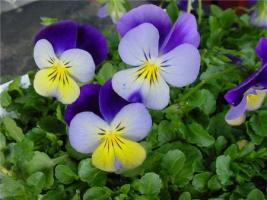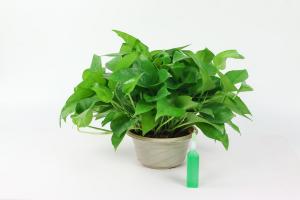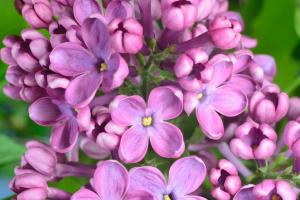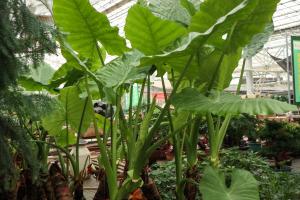Is Coconut Husk Good for Plants?
Coconut husk, also known as coir, has gained a reputation as an excellent substrate for growing plants. It is a byproduct of coconut processing and is often used to make mats, ropes, and brushes. The question is, is coconut husk good for plants? This article will explore the benefits and drawbacks of using coconut husk as a growing medium and answer that question.
Benefits of Coconut Husk as a Growing Medium
Coconut husk has several benefits when used as a growing medium. First, it is an excellent choice for those practicing sustainable agriculture because it is a renewable resource. Coconut husk also has excellent water retention capabilities, which can be ideal in areas where water is scarce.
In addition, coconut husk is relatively inexpensive, making it an affordable choice for many types of plants. Furthermore, it is a natural organic media that contains lignin, which slowly decomposes over time, providing essential nutrients to plants. Coir also has a high porosity, allowing it to hold a lot of air, which is necessary for plant growth.
Drawbacks of Coconut Husk as a Growing Medium
While coconut husk has several advantages, it also has some drawbacks that must be considered. First, it has a low nutrient content, which means that you may need to supplement it with other fertilizers. It can also become compacted over time, which affects its water retention abilities and decreases aeration. Moreover, coir has a high salt content, which can be harmful to certain plants.
Finally, the extraction process of coir involves soaking it in water, which can lead to environmental issues. The water used to extract coir can become polluted, and the process can endanger marine life in coastal areas.
How to Use Coconut Husk as a Growing Medium
Coconut husk can be used as a stand-alone growing medium, or it can be added to soil to improve its water retention and drainage properties. When using coconut husk as a growing medium, it is essential to prepare it adequately. The coir should be soaked in water for at least an hour to ensure that it is fully hydrated. Then, excess water should be drained, and the coir should be fluffed up to increase its porosity.
When using coconut husk as a potting mix, it is recommended to mix it with perlite or vermiculite to improve aeration. In addition, you will need to fertilize your plants regularly to provide the necessary nutrients that coir lacks.
Conclusion
In conclusion, coconut husk is an excellent substrate for growing plants. It is environmentally friendly, affordable, and has excellent water retention capabilities. While it has some drawbacks such as low nutrient content and high salt content, these can be overcome by supplementing with other fertilizers and using it in combination with other growing mediums. Overall, if used correctly, coconut husk can be a fantastic option for sustainable agriculture and a great alternative to traditional growing media.

 how many times do yo...
how many times do yo... how many planted tre...
how many planted tre... how many pine trees ...
how many pine trees ... how many pecan trees...
how many pecan trees... how many plants comp...
how many plants comp... how many plants can ...
how many plants can ... how many plants and ...
how many plants and ... how many pepper plan...
how many pepper plan...

































